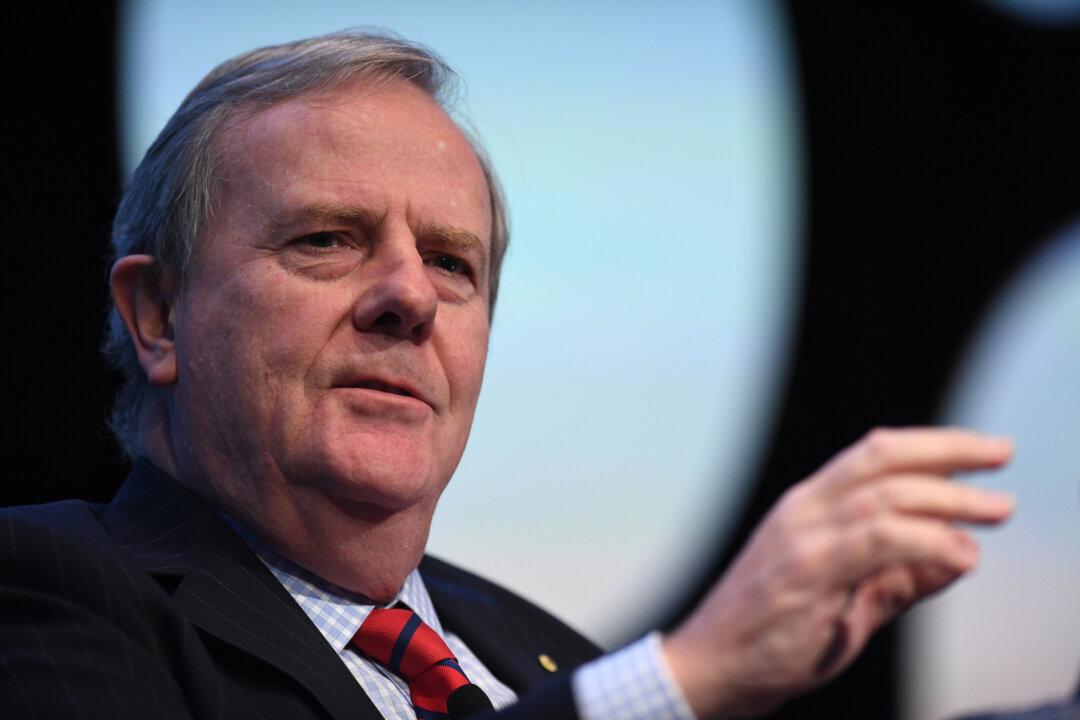The Kremlin has added 235 Australians, among them former Victoria Premier Daniel Andrews and a swathe of other politicians, to a list of people banned from entering Russia.
It comes after Canberra, following international trends, imposed autonomous sanctions on Russia in response to the ongoing war with Ukraine. The sanctions were first imposed in 2014 at the commencement of the Russo-Ukrainian War but were extended in early 2022 after the invasion of Ukraine, and in 2023 as the conflict escalated.





